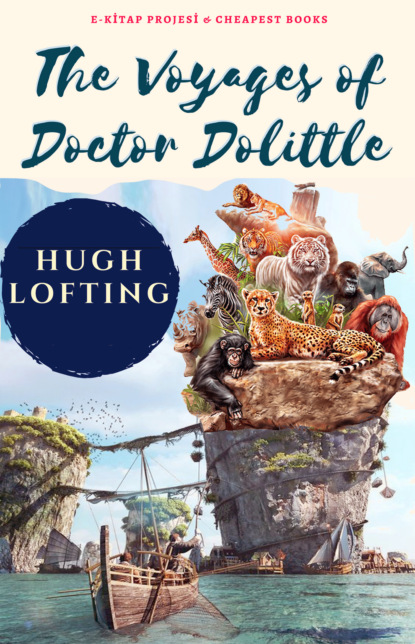Umfang 260 Seiten
The Voyages of Doctor Dolittle
Über das Buch
The Voyages of Doctor Dolittle was the second of Hugh Lofting's Doctor Dolittle books to be published, coming out in 1922. It is nearly five times as long as its predecessor and the writing style is pitched at a more mature audience. The scope of the novel is vast; it is divided into six parts and the illustrations are also more sophisticated. It won the Newbery Medal for 1923. It was one of the novels in the series that was adapted into the film Doctor Dolittle.
The novel begins when Tommy Stubbins, the narrator of the story, finds a squirrel injured by a hawk. Matthew Mugg, the cat's meat man, informs him to get help from Doctor Dolittle, who can speak the language of animals. The Doctor is away on a voyage, but when he returns, he attends to the squirrel. Tommy is introduced to some of the strange animals in Dolittle's care, such as the Wiff-Waff fish, and those who care for his household, such as Dab-Dab the duck, and Jip the dog.
Polynesia the parrot arrives in Puddleby from Africa informs the Doctor that Bumpo is studying in Bullford. Tommy begins his studies with Doolittle, or rather with Polynesia who teaches Tommy the language of animals. Chee-Chee comes from Africa disguised as a lady and tells about his voyage to Puddleby. The Doctor acquires The Curlew and is thinking of taking Tommy, Polynesia, and Luke the Hermit. They find out from the hermit's dog, Bob, that he was sent to prison for murder but Bob is a witness so when the court is in the process the Doctor proves to the judge that he can talk to animals when this is settled he translates Bob's story to English. When the story is finished the judges conclude that the hermit is innocent.
